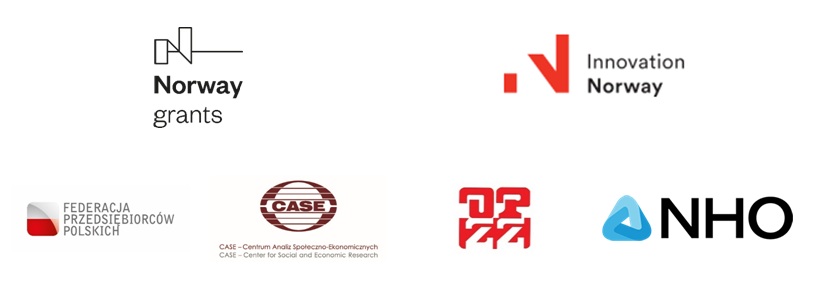The MIGRIGHT project kick-off

On Wednesday, July 1, the Federation of Polish Entrepreneurs organised in Warsaw the first meeting of the partner organizations of the project “MIGRIGHT: Improving social dialogue for decent work of migrants and refugees in Poland”. Thus, the implementation of this project was officially kicked off.
In addition to representatives of the Federation of Polish Entrepreneurs, which is the leader of the project, the meeting was attended by representatives of the Polish National Alliance of Trade Unions (OPZZ), a representative of the Confederation of Norwegian Enterprise (NHO) and experts from the Centre for Social and Economic Research (CASE).
The main objective of the MIGRIGHT project is to increase the capacity of social partners in Poland to participate in social dialogue through the transfer of best Norwegian practices to the Polish ground and the organization of training courses on supporting the rights of migrants and refugees and ensuring decent working conditions for these groups. The meeting served primarily to discuss how to achieve this goal.
Therefore, first of all the concept of regional expert and consultation meetings with representatives of organizations participating in social dialogue in Poland, public authorities and other organizations promoting decent work was discussed. It was agreed that three planned meetings of this type will be organised in Warsaw, Wrocław and Lublin. Then a concept of workshop trainings was discussed during which participants will work out guidelines and recommendations concerning cooperation between participants of social dialogue, which will consist in so-called MIGRIGHT Social Dialogue Toolkit. Four meetings of this type will be organized in Warsaw. A study visit to Norway planned for 2021 was also briefly discussed.
During the meeting, the project schedule until the end of 2020 was also discussed, as well as issues related to project management and functioning of the partnership.
Supported by Norway through the Norway Grants 2014–2021, in the frame of the Programme “Social Dialogue – Decent Work”.
